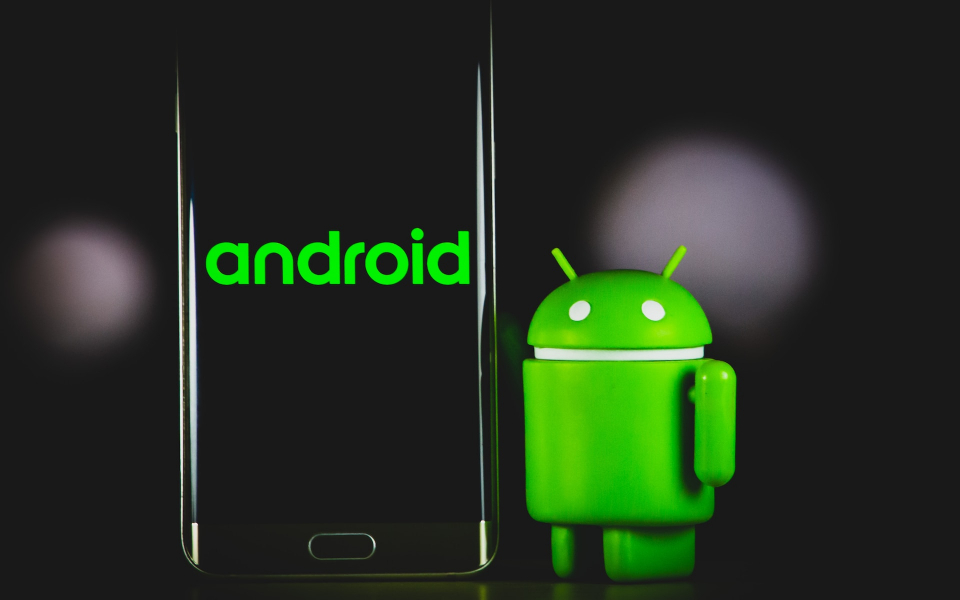Alphabet Inc.'s
What Happened: Google unveiled the Android operating system 16 years ago today, on Nov. 5, 2007. Its open-source nature and free availability for any company that wanted to use it would be the prime reasons for its success, especially when rival Microsoft Corp.
Google acquired Android Inc., a startup that was working on an innovative mobile operating system, in 2005, marking the beginning of Android's development. It was founded by Andy Rubin, who went on to lead Android at Google for years to come.
Despite facing initial challenges such as fragmentation and a lack of apps, the first Android device, the HTC Dream, was launched in 2008, and Android soon became the world's most popular mobile operating system.
There have been different torchbearers of Android since its inception. While Google worked on Android, companies like HTC, LG, Motorola, and Samsung have made substantial contributions in making Android what it is today.
The first Android device, the HTC Dream, came with a small touchscreen and a slide-out keyboard - the design was similar to the old communicators like the Nokia E90.
However, since then, Android has since come a long way. Gone are the days of old, whacky, unresponsive touchscreens.
There is a reason for this drastic change - when Google first unveiled Android, it aimed to mimic the experience that BlackBerry Ltd.
We now have foldable and flip phones, smartphones with high-resolution cameras, tablets with huge displays, and phones that can be extended to a notebook or a desktop.
Fast Forward: Today, Android's influence extends beyond smartphones and tablets, with the operating system being used in smart TVs and wearables. This wide application has made Android a favorite among developers and has democratized technology by making digital participation more accessible and affordable.
It is estimated that there are over 3.5 billion Android smartphones around the world.
While Android's ascension to the top of the smartphone industry has been long and difficult, it has resulted in innovation across a wide range of aspects of a modern smartphone.















